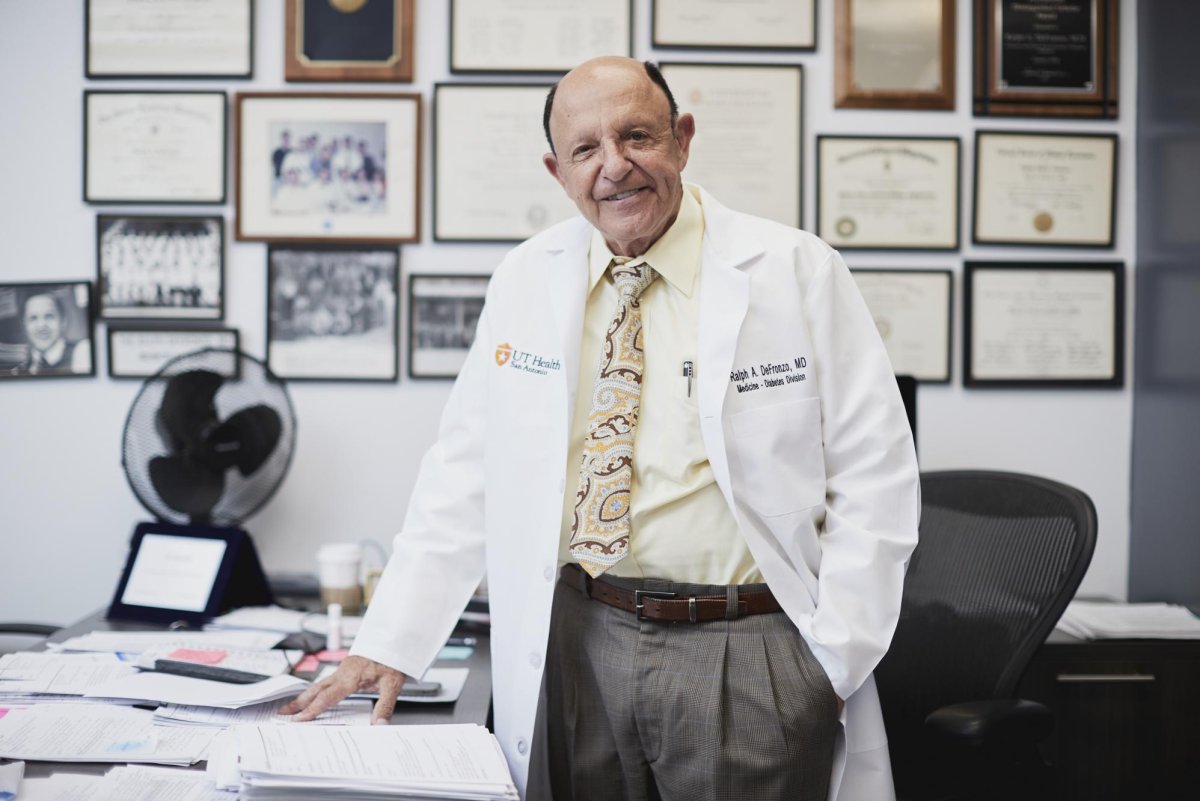The ongoing epidemic of Type 2 diabetes in the United States has prompted health experts to call for a reevaluation of both diagnosis and treatment strategies for the condition. Currently, approximately 1 in 10 Americans meet the criteria for Type 2 diabetes, as defined by blood tests showing hemoglobin A1C levels exceeding 6.5%, according to data from the American Diabetes Association.
Additionally, the Centers for Disease Control and Prevention (CDC) estimates that nearly 100 million U.S. adults have prediabetes, characterized by hemoglobin A1C levels ranging from 5.7% to 6.4%, putting them at heightened risk for developing Type 2 diabetes.
Historically, a prediabetes diagnosis has served as an early warning signal for patients, alerting them to the potential risk of Type 2 diabetes and associated health complications, such as cardiovascular disease. Dr. Eva Tseng, an associate professor of general internal medicine at Johns Hopkins School of Medicine, elaborated, “For some patients, that diagnosis is a wake-up call to make changes. On the other hand, I have patients who are aware they have the condition, but they are not motivated to make changes—making lifestyle changes is difficult and often hard to sustain.”
Experts recognize that successfully preventing the progression from prediabetes to Type 2 diabetes typically requires a dual approach: medication and significant lifestyle changes, including adopting a nutritious diet and engaging in regular physical activity. Crucially, individuals must first be aware of their prediabetes status to initiate these changes. Alarmingly, an estimated 80% of those who qualify for a prediabetes diagnosis remain undiagnosed.
Recent research led by Dr. Tseng analyzed insurance claims data from 4,000 adults diagnosed with prediabetes between 2016 and 2021. The findings were concerning: only 10% of these patients were officially coded as having prediabetes. “The research we conducted was from eight years ago so it should not be interpreted as what physicians know and do these days,” Dr. Tseng noted, adding that improvements in public health messaging and updated guidelines have made prediabetes increasingly recognized as a serious condition.
Cost barriers further complicate the scenario. In Tseng’s study, merely 1% of patients with prediabetes were referred to nutrition services, while only 5% received prescriptions to lower their A1C levels. The CDC’s National Diabetes Prevention Program aims to create a nationwide network of healthcare providers who support patients in making lifestyle adjustments to prevent diabetes. However, many health insurers do not provide coverage for these programs, although Medicare and Medicaid do in certain states. Tseng pointed out, even in plans that offer coverage, “reimbursement rates are insufficient to cover the cost of delivering a high-quality program, despite good evidence that the program saves money from preventing people from developing diabetes.”
Another challenge highlighted by Dr. Ralph DeFronzo, a professor of medicine at the University of Texas at San Antonio Health Science Center, is the insufficient emphasis placed on the risks of prediabetes by physicians. He remarked, “In general, physicians don’t understand prediabetes is a major risk factor, and they pass it on to patients.” Although not yet classified as Type 2 diabetes, individuals with prediabetes often should be managed as if they already have the disease due to their increased vulnerability to significant health complications, including heart attacks, strokes, kidney disease, and vision issues.
Both doctors agree that the lack of approved medications for prediabetes exacerbates the problem. Dr. DeFronzo explained, “If a medication were approved for prediabetes, then it would be ‘a serious disease’ and people would be more aware of it.” Nevertheless, advances in diabetes treatment have emerged. A new class of medications—glucagon-like peptide-1 (GLP1) agonists such as dulaglutide and semaglutide—has transformed Type 2 diabetes management, demonstrating the ability to lower blood sugar levels significantly while reducing the risk of heart attack and stroke. However, these drugs can cost as much as $12,000 a year, limiting accessibility.
For those grappling with Type 2 diabetes, metformin—a drug Dr. DeFronzo helped introduce in the U.S.—is a more economical treatment option. Additionally, research indicates that pioglitazone, an insulin sensitizer, may reduce the transition from prediabetes to full-blown diabetes by 75%.
To better identify individuals who could benefit from timely treatment, Dr. DeFronzo and his team are proposing a new risk category termed “pre-prediabetes.” Their recent study published in the Journal of Clinical and Applied Research and Education: Diabetes Care, found that many patients with normal glucose tolerance showed signs of severe insulin resistance, a condition that can lead to diabetes. “Insulin resistance can lead to diabetes, beta cell failure, heart disease, and kidney disease—we can see it and measure it years before people meet the criteria for diabetes,” DeFronzo stated. He emphasized the importance of understanding diabetes as a continuum, noting, “you don’t just develop Type 2 diabetes one day.”






